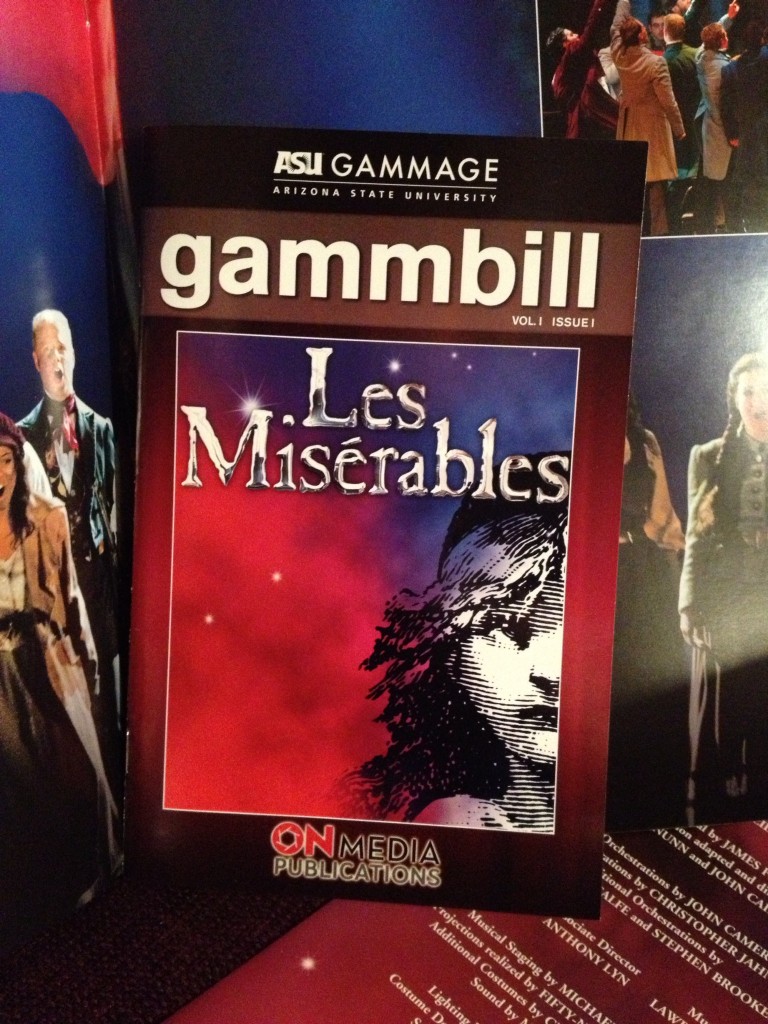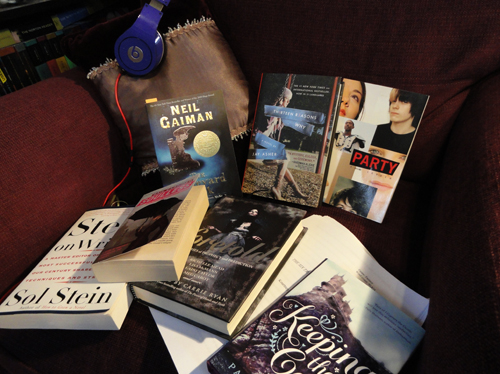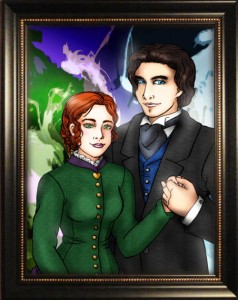I’ve wanted to write a post about this topic for a long time. This is the short version; I might expand later. Basically, I want to answer a simple question… Why am I so fascinated by stories, and fiction in particular?
The first part of the question is easy to answer. Humans are hard-wired to enjoy story. We crave the narrative form, even in nonfiction. It hooks us, holds our attention, and feels more personal than a basic repetition of facts. (I could go into more detail about this, but I’ll leave that for a later post.)
The second part of the question is harder. When it comes to stories, why do I prefer fiction? I think it comes down to two reasons: possibility and meaning. To a certain extent, stories about factual events are limited. They’re constrained by what actually happened, by the limits of the “real world.” I enjoy broader possibilities when it comes to story—infinite outcomes, unusual characters, different worlds.
Then there’s the issue of meaning. When it comes to factual events, there’s an element of randomness that can’t be avoided. Sometimes, things in life just happen. Fans of narrative nonfiction appreciate this; they feel that the “realness” of chance improves the story, making it authentic and unpredictable.
Personally, I prefer the orchestrated meaning of fiction: where the author chooses each outcome, as part of a larger narrative. A fictional story is an act of creation—intentional, constructed. Good fiction is a work of art; each detail is included for a reason. Generally, I read nonfiction to find out what happens. I read fiction to experience the author’s vision, to discover new thoughts and ideas to appreciate.
To sum up, I like real-life stories about interesting people… Olympic athletes, musicians, and so on. But I love stories about characters who do incredible things that no one in this world ever could. These stories are exciting, and expand my mind—but they also make me think, and give me courage, because the characters’ struggles still remind me of my own. Which means the conclusions they reach about their lives can also become meaningful to me.
I guess what I’m saying is, an epic story can make life more epic. I crave that feeling, but I also need it to keep living. I think Samwise Gamgee in The Two Towers said it best…
“Those were the stories that stayed with you, that meant something, even if you were too small to understand why.”



